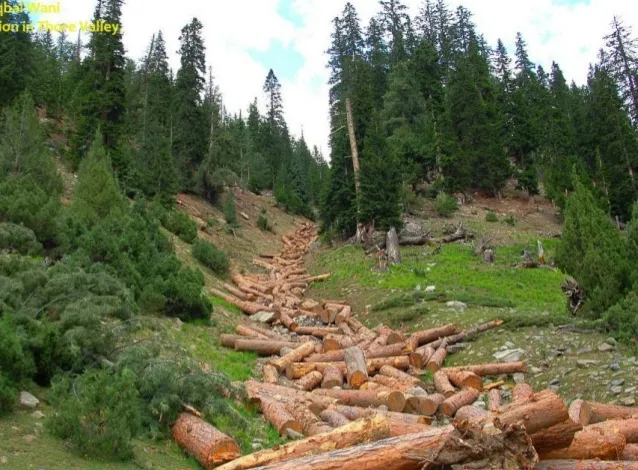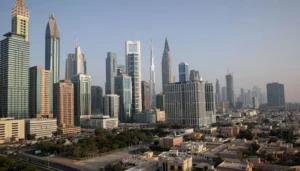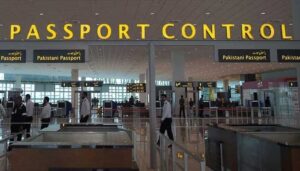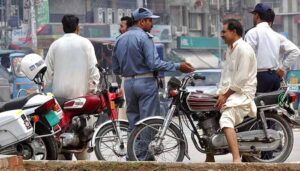
Pakistan
Unchecked Deforestation Threatens Gilgit-Baltistan’s Ecology, NA Panel Told
ISLAMABAD: Nearly four million cubic feet of timber has been cut over the past three decades in Diamer district and adjoining areas of Gilgit-Baltistan (G-B), the National Assembly’s Standing Committee on Climate Change was told on Monday.
Presenting a detailed report, Gilgit-Baltistan Additional Secretary for Forests Zaid said unchecked deforestation has severely threatened the region’s ecological balance while undermining local livelihoods, the economy, and natural resources.
Citing data from the REDD+ Cell and Karakoram International University, the report noted that natural forests account for just 3.58 per cent of Gilgit-Baltistan’s land area, while snow and glaciers cover 18.98pc, pastures 14.54pc, and barren land and rocks 61.38pc. Social forests make up a mere 0.61pc.
About 70pc of forests in Diamer are privately owned, which hampers government oversight. Poverty, dependence on wood for fuel, lack of alternative building materials, and large-scale damage during sectarian violence in the 1980s have all exacerbated the crisis.
Despite a logging ban imposed in 1993, illegal cutting intensified in subsequent years. At least five amnesty schemes were introduced between 1998 and 2020. Satellite mapping and carbon stock assessments were carried out in 2016 and 2020 with SUPARCO’s help, and a new carbon accounting plan is being developed for 2025, alongside monitoring through drones and CCTV.
The report said initiatives such as the Green Pakistan Programme, the Ten Billion Tree Tsunami, the G-B Forest Act 2019, and the creation of a special forest protection force were aimed at curbing illegal logging and boosting forest cover. However, 35pc of posts in the forest force remain vacant, leaving enforcement weak.
Courts’ leniency, lack of police cooperation, and poor demarcation of forest land have allowed further encroachments for housing and commercial use, while mining and tourism add additional strain.
The committee was informed that 59 forest department employees had been dismissed for involvement in illegal logging, while timber was even recovered from a vehicle belonging to a serving G-B minister. “When we caught people cutting trees, they sought the minister’s intercession. But he admitted he was facing a case himself and was part of the problem,” the report said.
To involve communities, projects such as trophy hunting, a non-timber forest products policy, forest nurseries, and free sapling distribution have been launched. Future plans include compensation through carbon finance and ecosystem services.
The report warned that if deforestation continues unchecked, it will accelerate glacier melt, worsen water shortages, and increase the risk of natural disasters across Pakistan.
Read More
PDMA Issues Alert for Fresh Spell of Monsoon Rains
Committee criticism
Committee member Shaista Jadoon alleged that officials at Hazara Division check-posts regularly accept bribes to allow timber smuggling. She demanded reforms and accountability, questioning what species were being planted under afforestation drives.
KP’s forest secretary admitted thousands of check-posts were vacant and sought eight months to implement reforms.
MNA Shaista Rahmani remarked: “Everyone saw trees being washed away in the floods. How can we trust your Ten Billion Tree Tsunami?”
Meanwhile, MNA Munaza Hassan said KP lawmakers had been barred by their party from attending the meeting. “The figures presented here are shocking. Monsoon has already caused devastation, and next year’s rainfall is forecast to be 22pc heavier. How is the government preparing to deal with the timber mafia and flood threats?” she asked, also raising concerns about unchecked construction along natural waterways.








